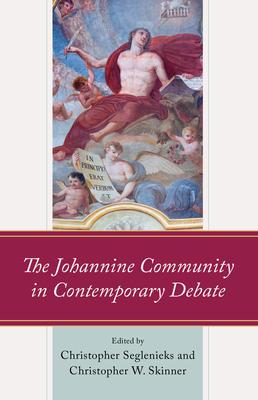Few scholarly constructs have proven as influential or as durable as the Johannine community. A product of the era in New Testament studies dominated by redaction criticism, the Johannine community construct as articulated first by J. Louis Martyn and later by Raymond E. Brown emerged with an explanatory power that proved persuasive to scholars deliberating on the provenance and emergence of the Johannine literature for the next 50 years. Recent years, however, have seen this once dominant paradigm questioned by many of those working with the Gospel and Letters of John. The Johannine Community in Contemporary Debate is dedicated to exploring the current state of the question while shining a light on new and constructive proposals for understanding the emergence of the Johannine literature. Some contributions accept the idea of a Johannine Community but suggest different ways we might know about the nature of that community. Others reject the existence of a Johannine Community, suggesting alternate models for understanding the emergence of these texts. These proposals are themselves set in perspective by responses from senior scholars.

The Johannine Community in Contemporary Debate
Few scholarly constructs have proven as influential or as durable as the Johannine community. A product of the era in New Testament studies dominated by redaction criticism, the Johannine community construct as articulated first by J. Louis Martyn and later by Raymond E. Brown emerged with an explanatory power that proved persuasive to scholars deliberating on the provenance and emergence of the Johannine literature for the next 50 years. Recent years, however, have seen this once dominant paradigm questioned by many of those working with the Gospel and Letters of John. The Johannine Community in Contemporary Debate is dedicated to exploring the current state of the question while shining a light on new and constructive proposals for understanding the emergence of the Johannine literature. Some contributions accept the idea of a Johannine Community but suggest different ways we might know about the nature of that community. Others reject the existence of a Johannine Community, suggesting alternate models for understanding the emergence of these texts. These proposals are themselves set in perspective by responses from senior scholars.